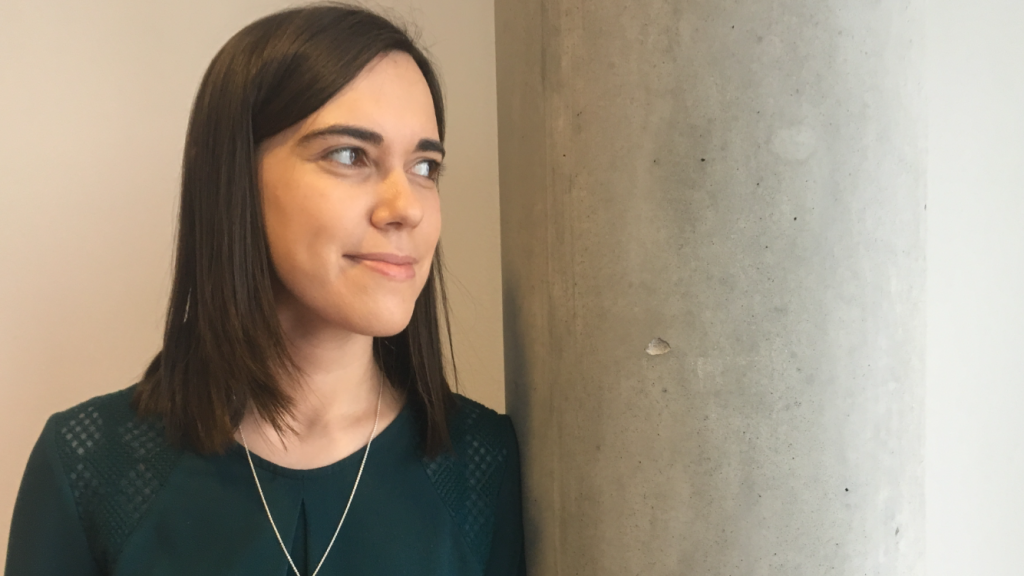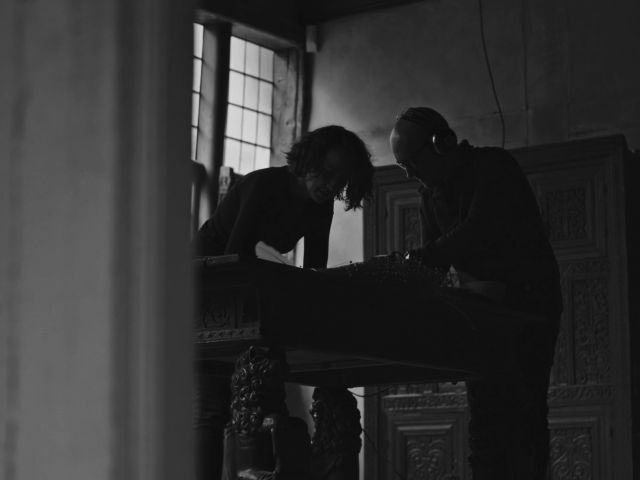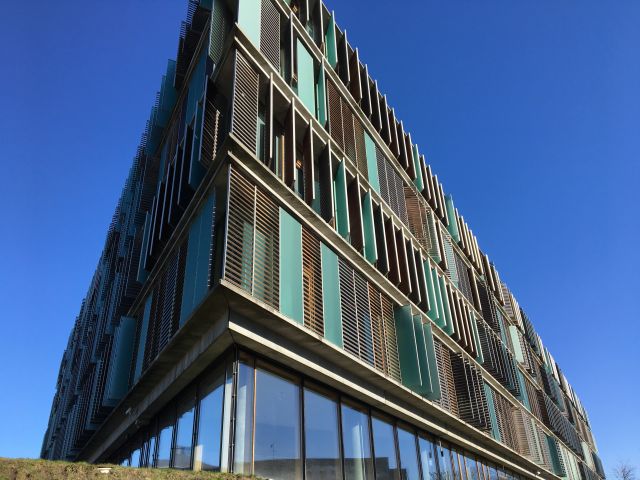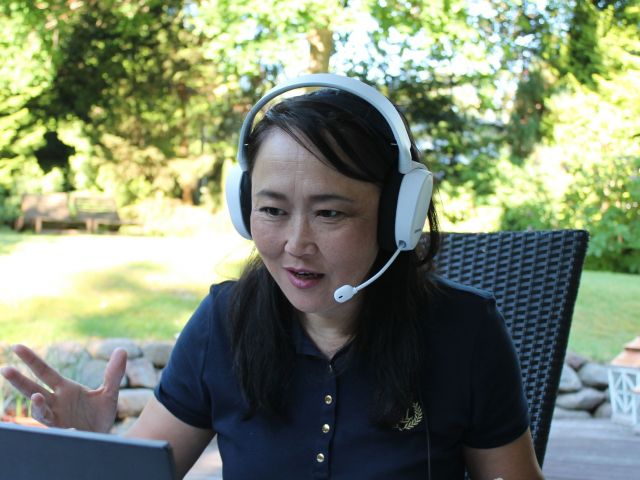Vera’s research becomes an animation movie
When Vera Rocha’s research showed that female start-up employees are more likely to become entrepreneurs if they have female bosses, that conclusion was “too important” to be reserved solely for academic journals. So now it has become a two-minute animation movie. She hopes CBS will support researchers in turning more of their results into short, practical movies.
There are many ways of disseminating research. The most common is through academic journals. However, when Assistant Professor Vera Rocha from the Department of Strategy and Innovation had the chance to turn her latest results about female entrepreneurs into an animation movie, she seized it.
“The tricky part about research is that, most of the time, no one besides us, academics, read those scientific papers. But sometimes, as in this particular case, the findings and implications are also important to students, policy makers, entrepreneurs and the general public, so they should be communicated more broadly,” she explains.
In the research paper, ‘Mind the gap: The role of gender in entrepreneurial career choice and social influence by founders’, Vera Rocha and Professor Mirjam van Praag conclude that female employees in start-ups are more likely to become entrepreneurs themselves if they worked with a female, instead of a male, founder. The results, published in January 2020 in the prestigious Strategic Management Journal, extend previous research, which has focused on the social influence of parents, coworkers, and spouses in the context of becoming entrepreneurs.
“Our research shows that bosses seem to have stronger influence than the roles mentioned previously. Especially for women,” Vera Rocha said when explaining her research in an earlier CBS WIRE article.
In 2019, about 25 percent of the entrepreneurs in Denmark are female, according to a report from the Center for VækstAnalyse. However, if managers, policy makers and teachers are aware of the effect of role models, more women and minorities are likely to choose entrepreneurial career paths, argues Vera Rocha.

Assistant Professor Vera Rocha has with help from an animation company turned her research results into an animation movie. (Photo: Anne M. Lykkegaard)
“There’s a need to feature more successful female entrepreneurs, as some women and minorities can perceive some fields and careers as being for men only. The tech industry, for example, is very male dominated. We can use those examples and knowledge to coach, teach and prepare young entrepreneurs for their journeys, so they don’t get the notion they can’t succeed,” she says.
The making of…
The idea of turning the research paper into an animation movie was sparked by a series of coincidences.
The academic journal Strategic Management Journal had suggested that Vera Rocha could produce a video abstract for the piece, and when Covid-19 broke out in March, the need for an alternative method of communicating also supported the idea of making a video. And then an email ticked in.
“As researchers, we usually spend time disseminating our research at seminars and conferences, but when coronavirus put that on hold, it was time to communicate differently. So we decided that making a video wasn’t a bad idea,” she says and continues:
“And all of a sudden, this nice company, Science Animated, approached us offering to make the results into a video, if we paid, of course. And I must say, we’re really happy with the result.”
The video was posted on Strategic Management Society’s YouTube channel, and both Vera Rocha and Mirjam van Praag have shared it on LinkedIn and Twitter as well. Moreover, Vera Rocha will also feature it in her classes.
“I’m already making videos for my teaching this semester, and this one will fit in nicely while explaining my research in two minutes,” she says.
Vera Rocha is certain she will communicate her research in this way again in the future. Not with all kinds of research, but with those of potential interest and importance to a broader audience. She also hopes that CBS will encourage more researchers to do the same.
“Research papers can be technical and long, but can still contain excellent new knowledge, so I hope that CBS can find the resources to help us move in this direction. Maybe students can help or CBS can make a movie company for this purpose? Then it could become a standard way of communicating our research,” she says.






































































































































Comments